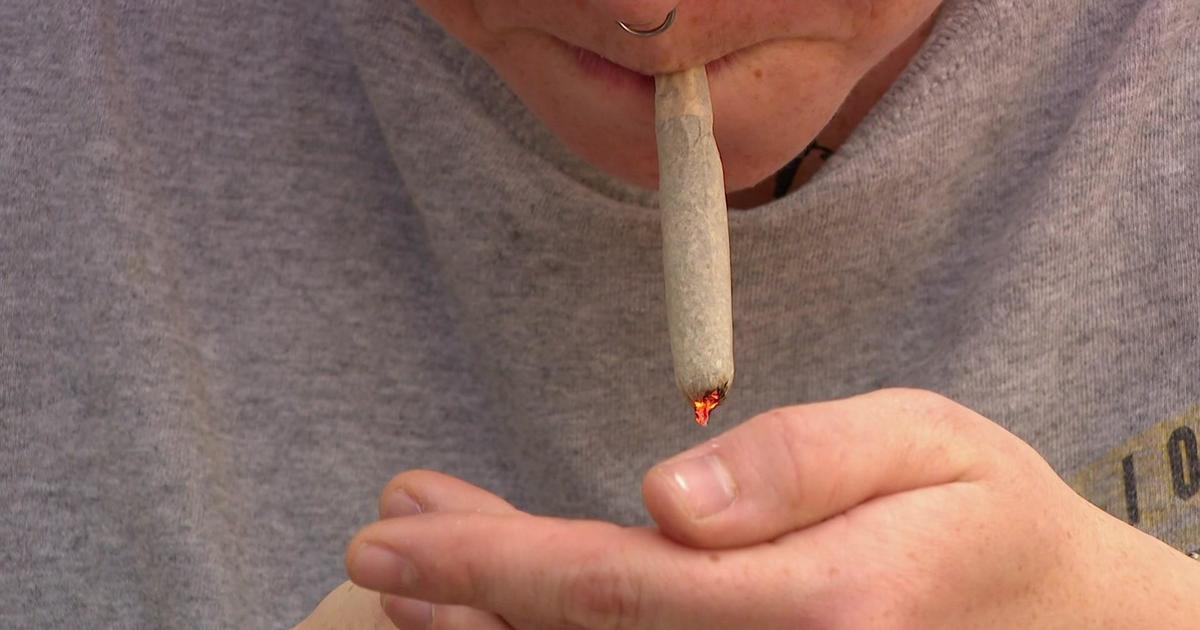CDC: Majority Of Public Pools Test Positive For Fecal Contamination
MIAMI (CBSMiami) – It's one of the most classic scenes in comedic movie history, but the "Baby Ruth pool scene" in Caddyshack may be closer to reality than swimmers may like.
According to a new study of public pools done by the CDC last summer, 58 percent of pool filter samples tested were positive for E. coli, bacteria that's normally found in the human gastrointestinal tract and feces.
According to the CDC study, finding a high percentage of E. coli-positive filters indicates swimmers frequently contaminate pool water when they have a "fecal incident in the water" or when feces rinse off of their bodies because they do not shower thoroughly before getting into the water.
However, the tests didn't indicate whether the germs were alive or could still cause infection. Plus, the study didn't look at water parks or residential pools.
Still, the CDC said it's unlikely that "swimmer hygiene practices, differ between pools in the study and those in the rest of the country."
"Pool users should be aware of how to prevent infections while swimming. Remember, chlorine and other disinfectants don't kill germs instantly," said Michele Hlavasa of the CDC's Healthy Swimming Program. "That's why it's important for swimmers to protect themselves by not swallowing the water they swim in and to protect others by keeping feces and germs out of the pool…"
The CDC said the all swimmers should take the following steps to prevent infection:
- Do not swim when you have diarrhea.
- Shower with soap before you start swimming.
- Take a rinse shower before you get back into the water.
- Take bathroom breaks every 60 minutes.
- Wash your hands with soap after using the toilet or changing diapers.
Check the chlorine level and pH before getting into the water.
- Pools: Proper chlorine (1–3 mg/L or parts per million [ppm]) and pH (7.2–7.8) levels maximize germ-killing power.
- Most superstores, hardware stores, and pool-supply stores sell pool test strips.
- Do not swallow the water you swim in.
The CDC recommends that parents of young children also take the following steps:
- Take children on bathroom breaks every 60 minutes or check diapers every 30–60 minutes.
- Change diapers in the bathroom or diaper-changing area and not at poolside where germs can rinse into the water.



